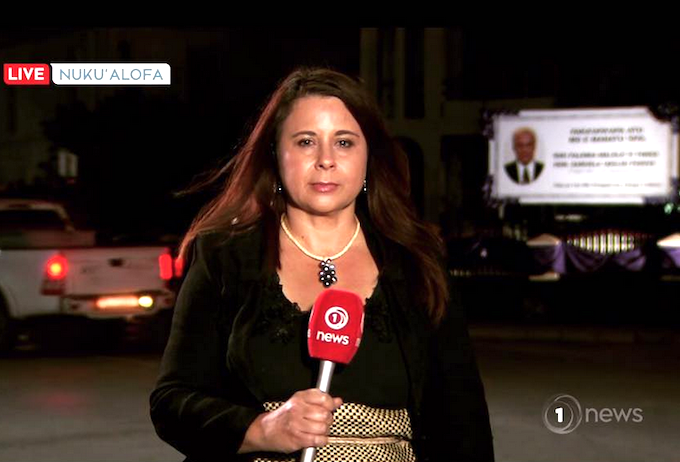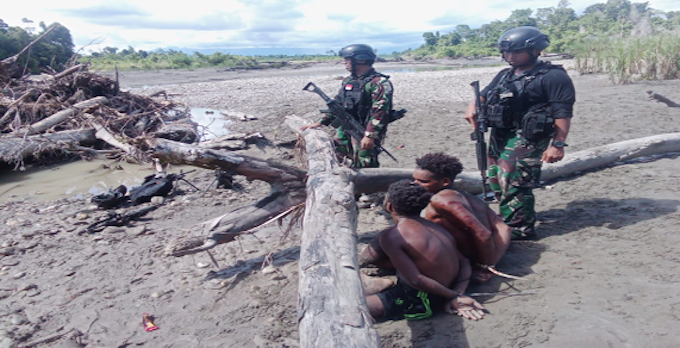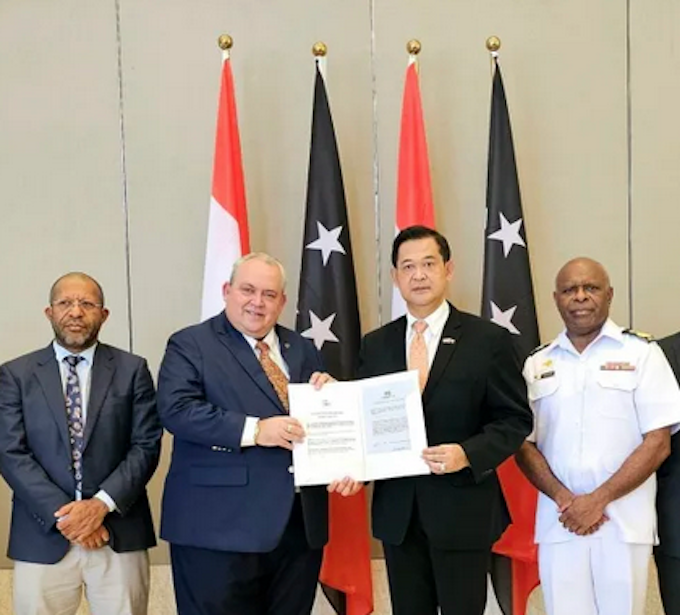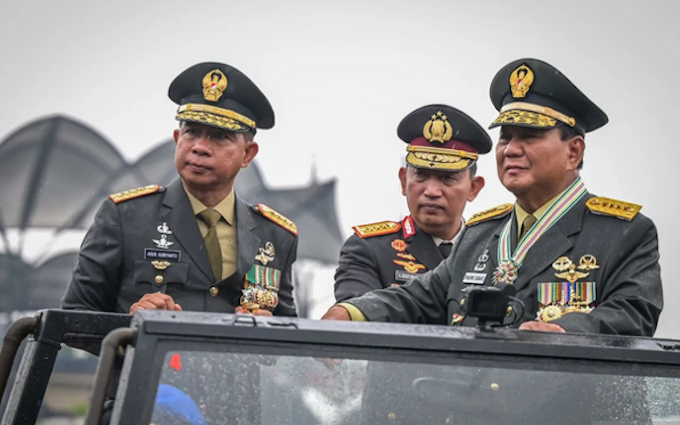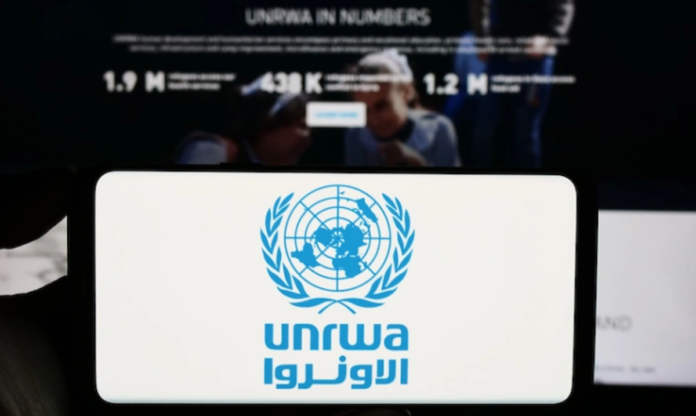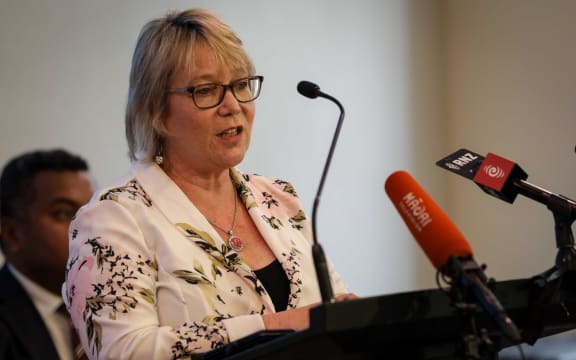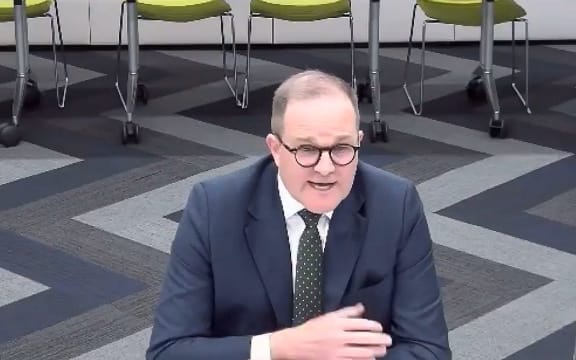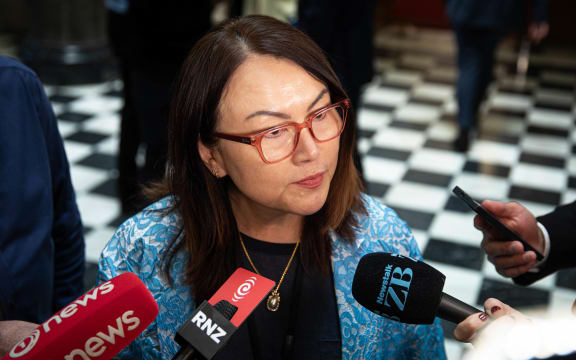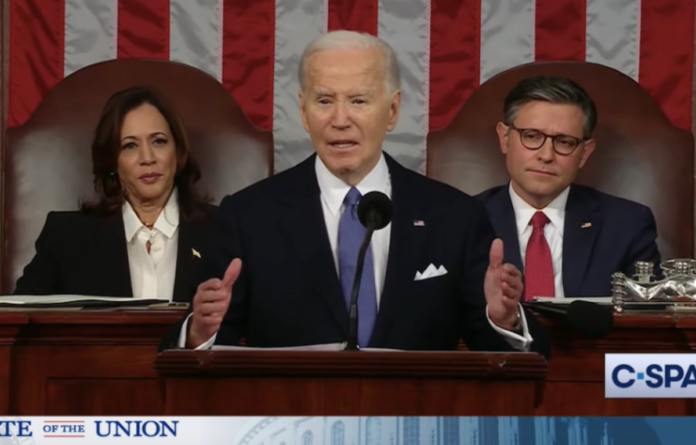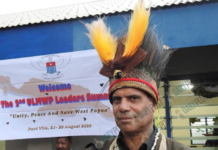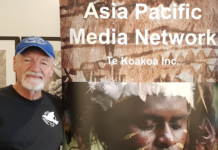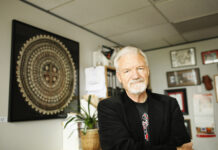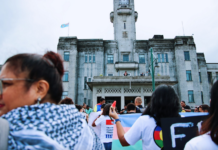The scale of deliberate Israeli cruelty against the Gazan people over the past five months is still difficult for Australians to absorb. But internationally, a key political fact has clearly emerged: that Israel, the US and their supportive Western allies (like Australia, to our nation’s shame) have now shredded any moral standing on the issue of the war in Gaza.
COMMENTARY: By Tony Kevin
It has become clear to millions of voters in the West that Israel’s government under Netanyahu, sustained in a rabid pro-war coalition by extremist Zionists whose ideology can fairly be described as Zio-Nazi, behaves in practice as a ruthless anti-Palestinian cult determined to expand Israel’s lands and with zero concern for human rights of Palestinians whom they regard as sub-humans.
The test is in Israel’s deeds, not its endlessly inventive false words.
Biden has clearly emerged as Netanyahu’s ineffectual puppet, wholly ideologically captured years ago by Zionist Israel, and in any case financially dependent on wealthy single-issue US Zionist billionaires for any hopes (fast diminishing) of his defeating Trump in November.
- READ MORE: Netanyahu vows to ‘finish the job’ in Gaza despite criticism
- Other War on Gaza reports
Netanyahu still has not entirely given up on his genocidal dream of forcing a panic-stricken Gadarene rush of nearly 2 million starving Gazans from desperately overcrowded Rafah in the far south of Gaza across the border to permanently encamped exile in the Egyptian Sinai desert, in another phase of the Nakba (“Catastrophe”) for the Palestinian people which began in 1946.
But this seems a little less likely now than a few weeks ago. The rate of deaths by Israeli fire on civilians in Gaza seems to have declined, but the deaths by starvation, infectious disease, and closure of all hospitals in Gaza are climbing.
Miraculously, and as a result of the world witnessing sustained incredible courage by the grief-stricken but stoically defiant Gazan people, international political counter-pressure is building on the Zionist Democrats and on Israel which Biden cannot as an American politician ignore.
In the past five months, Zionism has permanently lost a majority of voters under 30 in every Western country. The Holocaust card has been played to final excess by Zionists in the Western mainstream and online media.
A perverse reminder
These days it only serves perversely as a reminder that Zionist Israel is daily perpetrating new Holocaust-comparable atrocities against defenceless starving civilians in Gaza. The videos speak for themselves: of triumphantly grinning Israeli soldiers taking selfies in front of destroyed homes and humiliated captives, of snipers glorying in their street kills of civilians.
It is constant and utterly without shame.
The myth of Israeli moral exceptionalism has been punctured. For Warsaw Ghetto, now read Gaza.
Internationally, a key political fact has clearly emerged: that Israel, the US and their supportive Western allies (like Australia, to our nation’s shame) have now shredded any moral standing on the issue of the war in G …https://t.co/XUwVhbizQS
— Pearls and Irritations (@johnmenadue) March 12, 2024
The images of gleeful Zionist Israeli teenagers singing and dancing, as they sit down comfortably on roads at the Gaza-Israel borders to block food trucks from reaching Gaza, with the IDF (Israeli Defence Force) standing by approvingly, are engraved unforgettably on our minds. A few kilometers away, infant Gazan children are starving to death: but these Israeli kids are having a whale of a time.
In years to come, maybe sooner than this, what is happening now in Gaza and Ukraine will become known as the hinge moment in the loss of US/Western dominance in world affairs.
A few noteworthy news and analysis events on Gaza this past fortnight:
- Aaron Bushnell martyred himself in front of the Israeli Embassy in Washington for the Palestinian cause on February 25. Nothing has emerged in the two weeks since to suggest that this USAF serviceman was extremist-anarchist or mentally disordered. His act of extreme self-sacrifice continues to resonate politically in the US, as he intended it to do, in the run up to the November Presidential election.
- The “flour massacre” of February 29 in Gaza also continues to resonate to Israel’s discomfiture, as much for the successive failed Israeli attempts to construct false disinformation narratives about it, as for the sheer brutal scale of the IDF slaughter of Gazan civilians struggling desperately in the streets for food.
- More continues to emerge in the Israeli and international press (especially through Al Jazeera) on the core fact that many of the Israeli hostage civilians killed on October 7 in Negev area died from bombings and missile attacks by Israeli aircraft and tanks, along with their Hamas captors, either in besieged houses or in Hamas cars trying to return with hostages to Gaza. These emerging facts reduce the credibility of the Israeli baseline narrative that whatever cruelties the IDF has inflicted on the Gazan people since October 7 are justified by Hamas atrocities against Israeli hostages on that day. This core myth has been seriously compromised now.
- The Israeli allegations of Hamas mass rapes of Israeli women and of Hamas killings of babies on October 7 have similarly been completely discredited now internationally and in Israel, as Israeli government propaganda constructs.
Horrible haunting videos
Meanwhile, we daily — those of us who can bear to look and seek out reliable alternative news sources — see on YouTube and other free server channels horrible haunting videos of the faces and bodies of starving kids on the point of death in Gaza and now beyond saving.
Where all the hospitals are now closed, food supplies deliberately blocked by Israel, and sick hungry people try to survive on the streets amid mud and sewage in cold wet makeshift shelters.
We see heartbreaking personal accounts with photos of journalists and their families in Gaza deliberately targeted and murdered by Israeli precision fire, to try and block the flow of authentic human accounts of what is happening to the Gazan people.
Will compassion fatigue blunt the impact in the West of these stories? Will alleged Western anti-semitism re-emerge as the dominant Western media narrative, as it has always done in past years after Israeli military excesses in Gaza, the West Bank and Lebanon?
Zionists and their indoctrinated sympathisers who continue to occupy key positions in Western MSM, including the ABC, certainly hope so, and are striving to make it so.
Mainstream media censorship by omission continues especially in Australia. The passive voice is dominant, we are not being encouraged to think about who is perpetrating the daily horrors of life in Gaza. By clever manipulation of language, we are encouraged to believe the unstated implication that it is Hamas, not Israel.
However, reality has started to break through. The Antoinette Lattouf affair has stirred Australian journalists’ professional consciences. John Lyons’s credible and authoritative Four Corners feature The Forever War on Gaza and Israel on March 11 will hopefully begin to open many closed minds.
ABC’s The Forever War. Trailer on YouTube. Full report here.
Reading alternative news
People are reading alternative news.
Even WaPo and the NYTimes are beginning to allow some of the awful reality of Gaza to seep through. Their language reflects a slight softening in the Washington beltway consensus. The forced resignation of Victoria Nuland has an Israeli-Gaza dimension as well as a Ukraine dimension.
But Blinken and Sullivan are still there, writing Biden’s cue cards and shaping the US and Western allies’ media narratives.
Under mounting voter pressure at home, Biden has now approved a stop-gap measure of a US-controlled floating offshore food pier on the coast of Gaza. It won’t be operational for two months — how many more Gaza kids will have died of starvation, disease and lack of medical care in those two months? — but it will help to salve American consciences a little.
The Israel military will continue to control disembarkation of food supplies off the American food pier into Gaza but at least there won’t be Israeli Zionist kids there, blocking food relief trucks offloading from the pier.
Tony Kevin is a former Australian ambassador to Poland and Cambodia, and a member of the Emeritus Faculty at Australian National University. The author of Return to Moscow (2017), he has independently visited Russia six times since 2016. He has delivered lectures and taken part in academic conferences in the Moscow Diplomatic Academy and in Saint Petersburg on the outlook for Russia-Australia relations. This article was first published on John Menadue’s public policy journal Pearls and Irritations and is republished by Café Pacific with permission.



